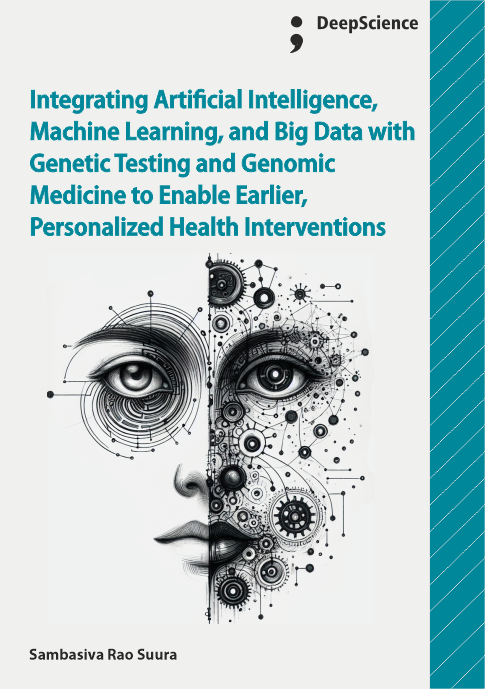Ethical, Legal, and Social Implications (ELSI) of artificial intelligence-driven genomic medicine: Navigating privacy, consent, and bias
Synopsis
As the speed of technology and innovation rapidly progresses on a slope inclined towards vertical, the intersection of these advancements with healthcare is inevitable. Recognized as one of the dynamics that is rapidly transforming the healthcare ecosystem, both the reagents and the instruments used to implement medical practices are continuously under improvement. One of the most in vogue technologies which is part of this transformation is Artificial Intelligence (AI). Since the late 1890s, as technology posed opportunities for better medical diagnosis and treatment, it is observed that physicians and engineers have joined forces to validate the potential of emerging technologies. Media discourse, government and intergovernmental reports, and the growing engagement in certain social spheres influence the envisioning of biotechnologies, but more generally, of genomics as an enabling science. Precision medicine, a promising outcome of the biotechnology revolution, becomes the prime example of how genomics and its offspring shape the directions of scientific research, the economy, public policies, and society at large. AI at the borders of genomics and medicine is envisioned as a new revolutionary science, paving the way to solutions for age-old and large-scale medical problems, as well as remolding patient care by predicting, diagnosing, and treating diseases, and preventing new health concerns. However, the discussions are dominated by the benefits and risks associated with the advance of AI in public arenas with little thought for the interests of future intended stakeholders, namely clinicians and patients. But the diffusion of emerging technologies is systemically complicated and open to interpretation. Ethical worlds are informed mainly by the politically active members of society, with important implications for the technological future. A range of interpretative frameworks broach the implications of AI practices in genomics and medicine, marginalizing at the outset those concerns that do not align with stated objectives, thus designing the path that biotechnological applications can take and limiting the social forces that can shape it. Social and legal facets pertaining in the advance and infusion of AI in genomics and medicine are finely etched, giving spotlight to the potentiality of lay preferences and concerns to influence the ethical critique of the envisioned science and technology and to offer new ethical and regulatory directions.













